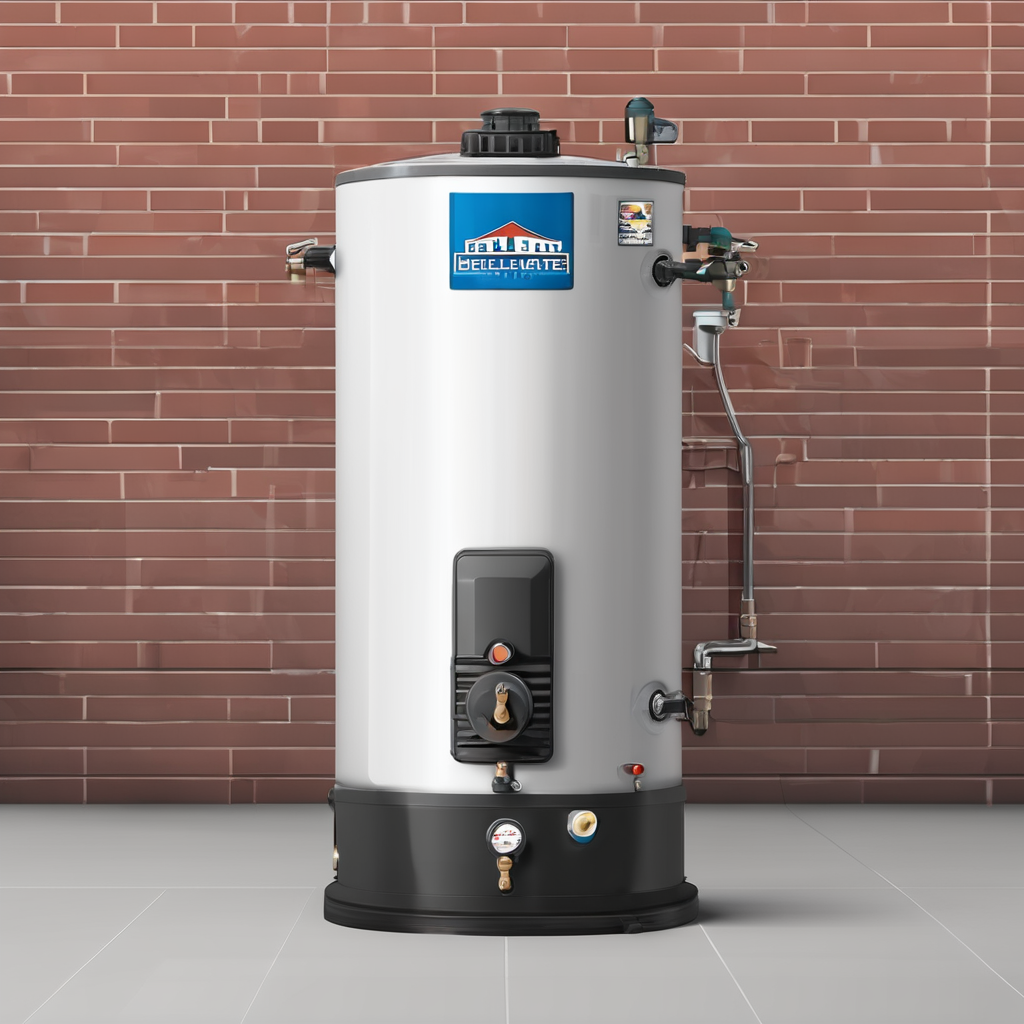Advanced strategies for urban vegetable gardening in London
Urban gardeners in London face unique challenges, from limited space to fluctuating sunlight and pollution. To thrive, adopting proven space-saving techniques is essential. For flat dwellers, vertical gardening using trellises or wall-mounted planters turns balconies into productive spaces. Container vegetable gardening allows precise control over soil quality and drainage, crucial in city environments.
Limited sunlight is a common concern in city vegetable gardens. Selecting shade-tolerant crops like leafy greens, herbs, and radishes ensures growth despite reduced sun exposure. Positioning containers to maximise early morning or late afternoon light further boosts yields. Expert gardening advice suggests rotating crops and using reflective surfaces to increase light intensity naturally.
In parallel : Unveil the definitive uk garden pond creation handbook: ideal conditions unlocked!
Pollution, especially in busy London areas, can affect soil and plant health. Urban gardeners can minimise risks by using raised beds or container gardening to avoid contaminated ground. Washing vegetables before consumption is a prudent safety measure. Employing sustainable gardening solutions such as organic soil amendments maintains plant vitality and supports eco-friendly management in this demanding urban setting. These strategies collectively empower London city vegetable gardens to flourish despite environmental hurdles.
Advanced strategies for urban vegetable gardening in London
Urban gardening tips London demand innovative approaches to tackle density and environmental constraints. City vegetable gardens often face the challenge of limited space, so adopting space-saving techniques is essential. For London flats and balconies, vertical gardens—using trellises or hanging pots—maximize available room while allowing plants access to sunlight. Container gardening with carefully chosen lightweight, nutrient-rich soils supports root health and boosts yields.
Also to read : How to keep your london basement flat dry and comfortable: expert strategies for moisture control!
Limited sunlight and pollution require thoughtful solutions. Selecting crops that tolerate lower light and urban pollutants, such as kale, Swiss chard, and certain herbs, ensures better growth. Positioning plants to capture morning or late afternoon sun can compensate for shadowing caused by buildings.
Smart crop selection supports small-scale but productive gardens. Focus on fast-growing, high-value vegetables that fit container or vertical systems. Tomatoes, radishes, and leafy greens suit these conditions well. Companion planting—pairing compatible species to improve health and deter pests—optimizes plant productivity amidst city constraints.
By integrating expert gardening advice tailored to London’s environment, gardeners can overcome common urban hurdles, achieving flourishing, space-efficient vegetable gardens even in modest city spaces.
Advanced strategies for urban vegetable gardening in London
Urban gardeners seeking success in London can greatly benefit from expert gardening advice tailored to the city’s particular constraints. Precision in space-saving is vital. Proven space-saving techniques include vertical gardening and container vegetable gardening, which maximise yield without requiring ground plots. These methods harness every inch of limited balcony or flat space effectively.
Handling limited sunlight is a major hurdle. Selecting crops such as leafy greens, herbs, and radishes—crops known for their shade tolerance—allows gardeners to maintain productivity. Positioning containers to capture optimal daily light and using reflective materials can enhance light availability naturally.
Pollution concerns are common in London city vegetable gardens. To mitigate risks, garden beds raised above ground level or containers with fresh soil prevent pollutant uptake by plants. Composting organic matter improves soil health sustainably, supporting vigorous growth even in compromised environments.
Choosing the right crops for small-scale gardens ensures higher yields. Companion planting with species that complement each other can optimise growth within minimal space. By combining urban gardening tips London with sound planting strategies, gardeners can confidently navigate challenges and nurture thriving city vegetable gardens.
Advanced strategies for urban vegetable gardening in London
Urban gardening tips London experts emphasize include choosing crops suited for limited light and pollution. In city vegetable gardens, selecting pollution-tolerant crops such as kale, chard, and certain herbs is critical. These plants withstand urban pollutants better, ensuring healthier growth. Expert gardening advice suggests prioritizing fast-growing, high-yield vegetables adapted to confined spaces.
Effective space-saving techniques, tailored for London flats and balconies, involve vertical gardening with trellises and wall-mounted containers. These methods maximize light exposure and increase plant density. Container vegetable gardening complements this by allowing precise soil management, crucial in city environments where soil quality varies widely.
Overcoming limited sunlight involves positioning plants strategically to capture optimal morning or late afternoon sun. Reflective surfaces can further amplify light, enhancing photosynthesis. Crop rotation and companion planting improve soil health and deter pests, boosting productivity in city vegetable gardens.
Incorporating these advanced urban gardening strategies empowers London gardeners to achieve robust harvests despite spatial and environmental constraints. Following expert gardening advice focused on crop selection and space optimization turns challenges into opportunities for successful homegrown vegetables.
Advanced strategies for urban vegetable gardening in London
Urban gardeners in London must embrace proven space-saving techniques tailored to compact settings like flats and balconies. Vertical gardening maximizes vertical space by using trellises or hanging planters, allowing more crops per square metre. Container vegetable gardening plays a critical role, letting growers control soil quality—an advantage when urban soils may be poor or contaminated.
Limited sunlight is a significant challenge in city vegetable gardens. Expert gardening advice recommends selecting shade-tolerant crops such as leafy greens, herbs, and radishes. Positioning containers to capture morning or late afternoon sun enhances light exposure, and reflective surfaces can boost photosynthesis further. Pollution management requires raised beds or containers with fresh, organic soil, preventing uptake of urban contaminants.
Smart crop selection focuses on fast-growing, high-yield vegetables suitable for small-scale urban gardening. Crops like tomatoes, kale, and Swiss chard thrive well in containers and limited light conditions. Combining these crop choices with space-efficient setups and tailored urban gardening tips London offers gardeners a practical, expert-backed formula for productive city vegetable gardens despite environmental constraints.
Advanced strategies for urban vegetable gardening in London
Urban gardeners benefit from expert gardening advice that targets London’s unique challenges. Proven space-saving techniques, such as vertical gardening and container vegetable gardening, transform small balconies and flats into productive city vegetable gardens. These approaches optimise space while improving soil control, essential where ground quality fluctuates.
Limited sunlight is a persistent issue in urban settings. To combat this, gardeners should select shade-tolerant crops like leafy greens and radishes that sustain growth with less light. Positioning containers to capture morning or afternoon sun maximises photosynthesis, while reflective surfaces amplify light availability naturally, enhancing yields.
Pollution remains a concern for city vegetable gardens in London. Using raised beds or containers filled with fresh soil prevents pollutant uptake by plants, supporting safer, healthier produce. Additionally, selecting pollution-tolerant crops such as kale and Swiss chard improves resilience against environmental stressors.
Smart crop selection is crucial. Focus on fast-growing, high-yield vegetables suited for compact urban spaces. Pairing these crops with space-efficient techniques and applying urban gardening tips London experts recommend will ensure consistently successful harvests despite limited room and challenging city conditions.
Advanced strategies for urban vegetable gardening in London
Adopting proven space-saving techniques is vital for successful urban gardening tips London, especially in flats and balconies where space is limited. Vertical gardening is highly effective, using trellises or wall-mounted containers that maximise growing areas without sacrificing floor space. Combined with container vegetable gardening, these methods allow precise soil and water management, critical for healthy crops in dense city environments.
Overcoming limited sunlight is a common issue in city vegetable gardens. Positioning containers to catch morning or late afternoon sun optimises photosynthesis. Using reflective surfaces can further increase light exposure. Expert gardening advice recommends selecting crops that tolerate shade well, such as leafy greens and herbs, ensuring continual growth despite sunlight constraints.
Smart crop selection enhances yield in small-scale settings. Fast-growing, high-yield vegetables like tomatoes, radishes, and kale thrive in urban conditions. These crops suit container gardening systems and tolerate London’s climate. Combining these strategies—space-saving setups, light management, and crop choice—empowers gardeners with tailored, urban gardening tips London experts value for flourishing city vegetable gardens.
Advanced strategies for urban vegetable gardening in London
Adopting proven space-saving techniques is critical for urban gardeners in London, especially on limited balcony or flat spaces. Vertical gardening using trellises or wall-mounted containers capitalizes on vertical space to increase crop density while improving sunlight access. Container vegetable gardening complements this approach, allowing precise soil management to avoid urban pollution and poor ground quality.
Overcoming limited sunlight—a common issue in city vegetable gardens—requires selecting shade-tolerant crops such as leafy greens, herbs, and radishes. Positioning these containers to capture morning or late afternoon sun optimizes photosynthesis. Further, reflective surfaces can be employed to amplify natural light. Expert gardening advice also highlights the importance of companion planting to enhance growth and deter pests within restricted urban settings.
Managing pollution in London’s city vegetable gardens calls for raised beds or containers filled with clean, organic soil to safeguard plant health. Choosing pollution-tolerant crops like kale and Swiss chard reduces environmental stress impacts. Combining urban gardening tips London with these strategies empowers gardeners to maximise yields, making the most of confined urban environments while ensuring safe and productive harvests.



